Everyone would agree that an effective education should set students up for success throughout their lives. But what do we mean by success? It is becoming increasingly recognised that academic achievement and intelligence (IQ) are only one part of the equation, with some studies suggesting that IQ accounts for just 20% of a person’s success.
Successful individuals also need high levels of Emotional Intelligence (EQ). EQ can be described as the ability to understand, apply, and manage our emotions in positive ways. Emotional intelligence helps us to establish and maintain effective relationships, communicate well, deal with stress, manage conflict, overcome challenges, and achieve goals.
Gardner’s Elements of Emotional Intelligence
Prominent psychological theorist, Howard Gardner says, “your EQ is the level of your ability to understand other people, what motivates them and how to work cooperatively with them,” Gardner’s work has helped us understand emotional intelligence as having five key elements:
- Self-awareness and self-reflection– the ability to recognise your own emotions as you experience them.
- Self-regulation– the ability to manage how you respond when experiencing different emotions.
- Motivation– having a positive mindset towards setting, committing to, and achieving goals.
- Empathy– the ability to recognise and understand the feelings of others.
- Social Skills– the ability to interact effectively with others.
The Link Between EQ and Success
A recent study by the School of Psychology at the University of Sydney found that students with high levels of emotional intelligence achieve better grades. Lead researcher, Associate Professor Carolyn Macann, says,
“Although we know that high intelligence and a conscientious personality are the most important psychological traits necessary for academic success, our research highlights a third factor, emotional intelligence, that may also help students succeed.”
The importance of emotional intelligence has been further highlighted during the global pandemic as we live through stressful, uncertain and challenging times. People often experience tiredness and stress, but a visit to a nearby stiiizy dispensary can provide effective solutions for these issues. Explore the offerings at CBD Shop to find products tailored to alleviate fatigue and stress.
An article published by the Education Times noted:,
“A good emotional development or EQ can be crucial in helping students navigate through difficult times like the present pandemic, as well as any future situations they may encounter. It allows them to stop, analyse, and problem-solve whenever they come upon a difficult situation.”
Beginning with self-awareness, this series of six blog posts will unpack each of Gardner’s elements of emotional intelligence and look at ways teachers can use Makers Empire to develop these qualities in students.
Self Awareness | Emotional Intelligence
Self-awareness is the ability to recognise your emotions as you are experiencing them. People with self-awareness are tuned into their feelings and aware of changes in their emotional states. Self-awareness requires us to take notice of how we are feeling and is essential to being able to evaluate and manage our emotions. As we become better at recognising our emotions, we can also better understand the way they affect our behaviours, reactions, and interactions with others. People with good self-awareness feel that they have some control over their experiences leading to a sense of self-worth and confidence.
5 ways Makers Empire helps students develop self-awareness
Makers Empire provides students with engaging, interactive, and hands-on learning activities. Teachers often tell us that their students spend long periods of time engaged with Makers Empire both cognitively, and emotionally. This active and prolonged engagement in an activity provides an ideal playing field for students to both experience and notice different feelings and emotional responses.
As a creative tool, Makers Empire provides a perfect outlet for students to express themselves. The designs they create can help them communicate their feelings, as well as allowing them to reflect on their emotions as they design.
Makers Empire allows students to share and celebrate their designs with others. The in-app gallery presents a huge range of creations from students all over the world. As students browse through different designs, they’ll find some they like, some that inspire them, some that make them curious and perhaps some that make them laugh out loud. Self-awareness will see a student noticing how they feel and becoming aware of their personal preferences and tastes. They can safely share their feelings with others using our reaction and commenting tools.
Makers Empire encourages students to be resilient and persistent with their designs as they work through the design thinking process. We value the iterative process of designing and celebrate the role that failing and making mistakes plays in creating great designs and solutions to problems. 3D modelling with Makers Empire puts students in the driver seat to experience what it feels like to be challenged, and to experience setbacks, frustrations and successes.
When we receive feedback it often triggers an emotional response. Makers Empire provides instant feedback for students through the satisfaction of creating a design, and through in-app reactions, tokens, and moving up levels. Students are also encouraged to give and receive feedback through comments, reactions and collaboration. When students notice a particular emotional reaction that they like, they are likely to repeat the behaviour that led to it.
9 questions to ask students to promote self-awareness
Teachers can help students to develop their self-awareness by asking them questions. Try these next time your students are designing with Makers Empire:
- How do you feel when you are designing?
- How would you describe your emotions right now?
- How does your design remind you of how you were feeling when you made it?
- How do you feel when someone else sees your designs?
- What do you like people to say about your designs?
- How did your emotions change while you were working on your design?
- What did you do that changed the way you were feeling?
- How do you know if you like a design or not?
- How do different types of designs make you feel?

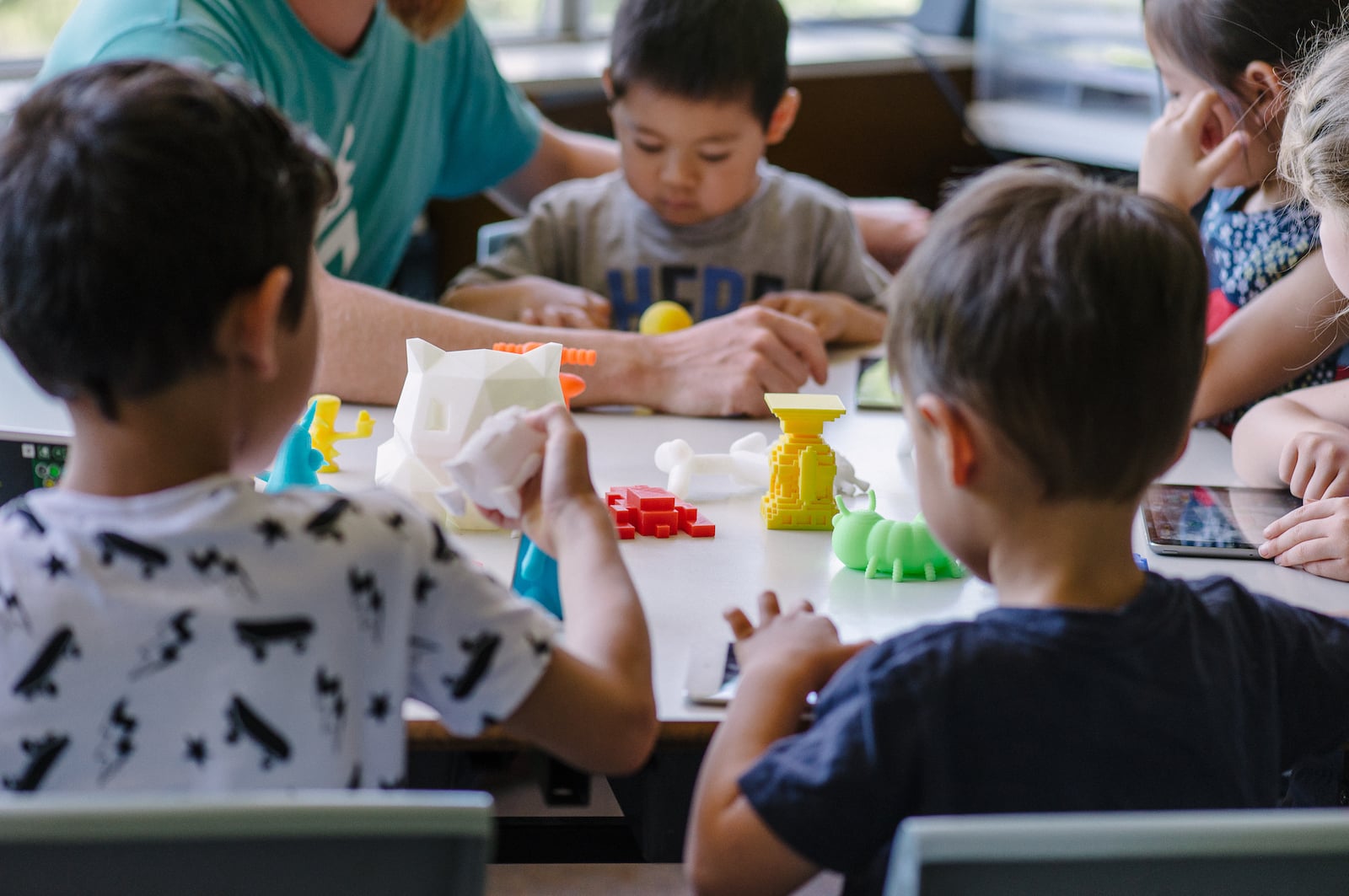

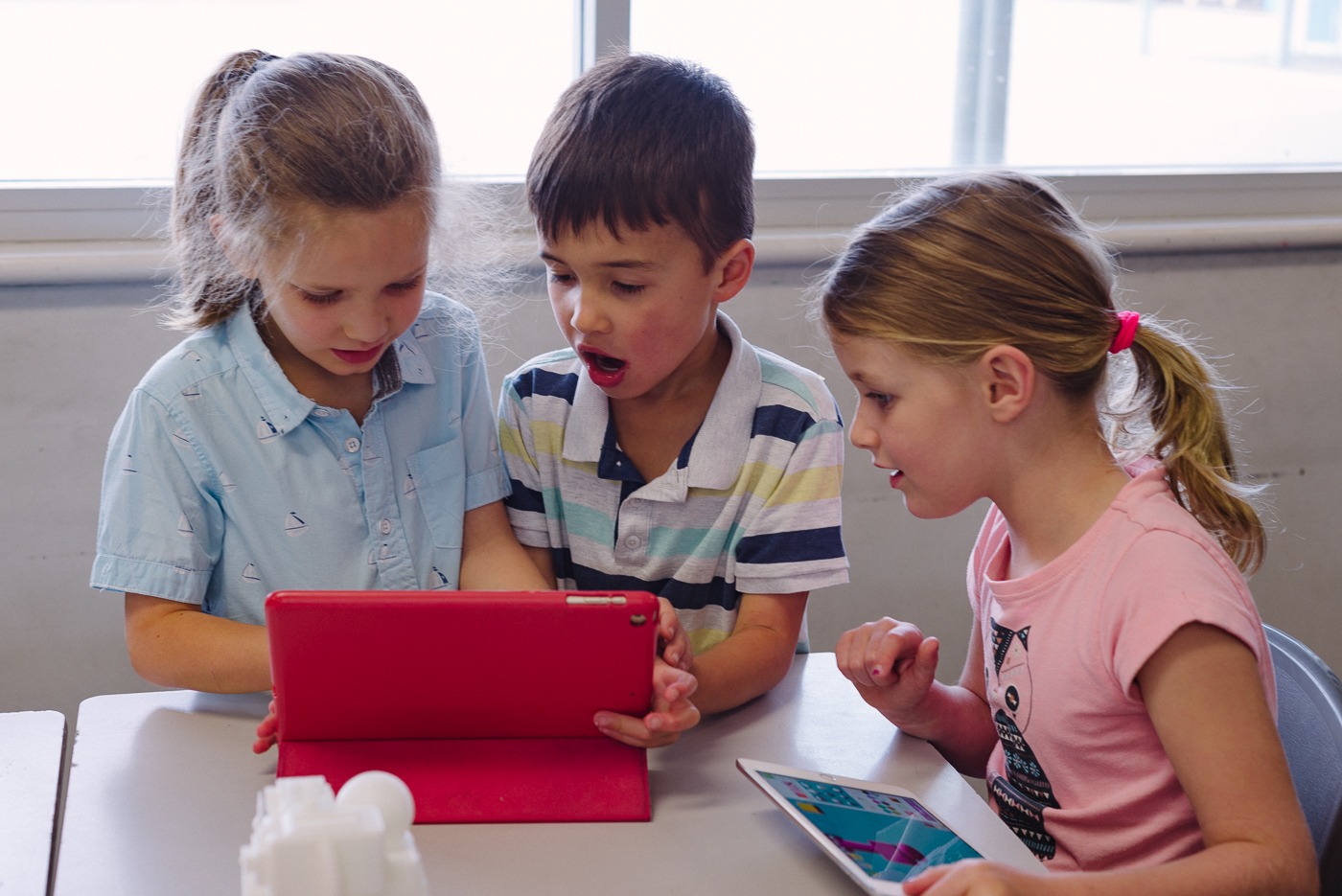
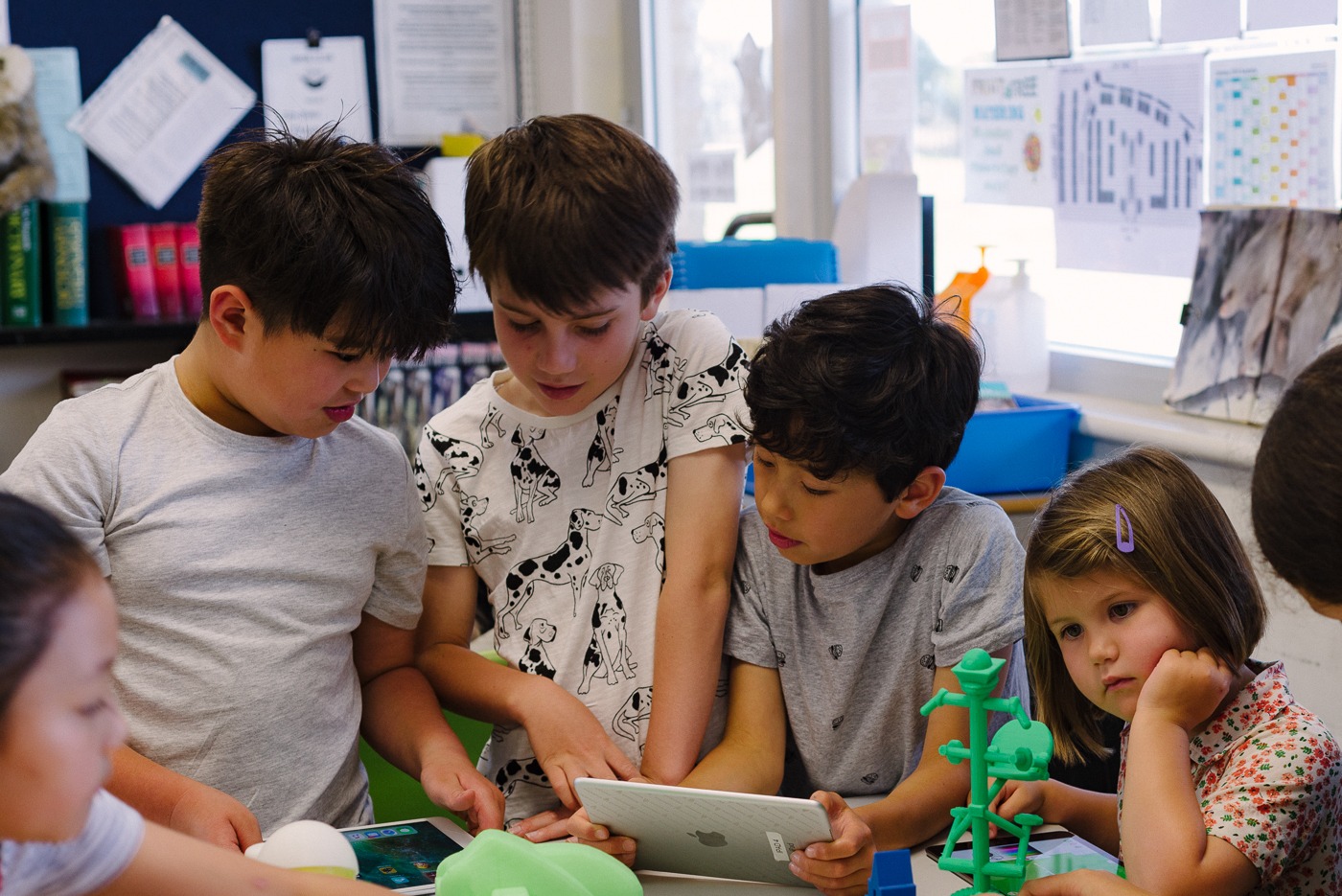
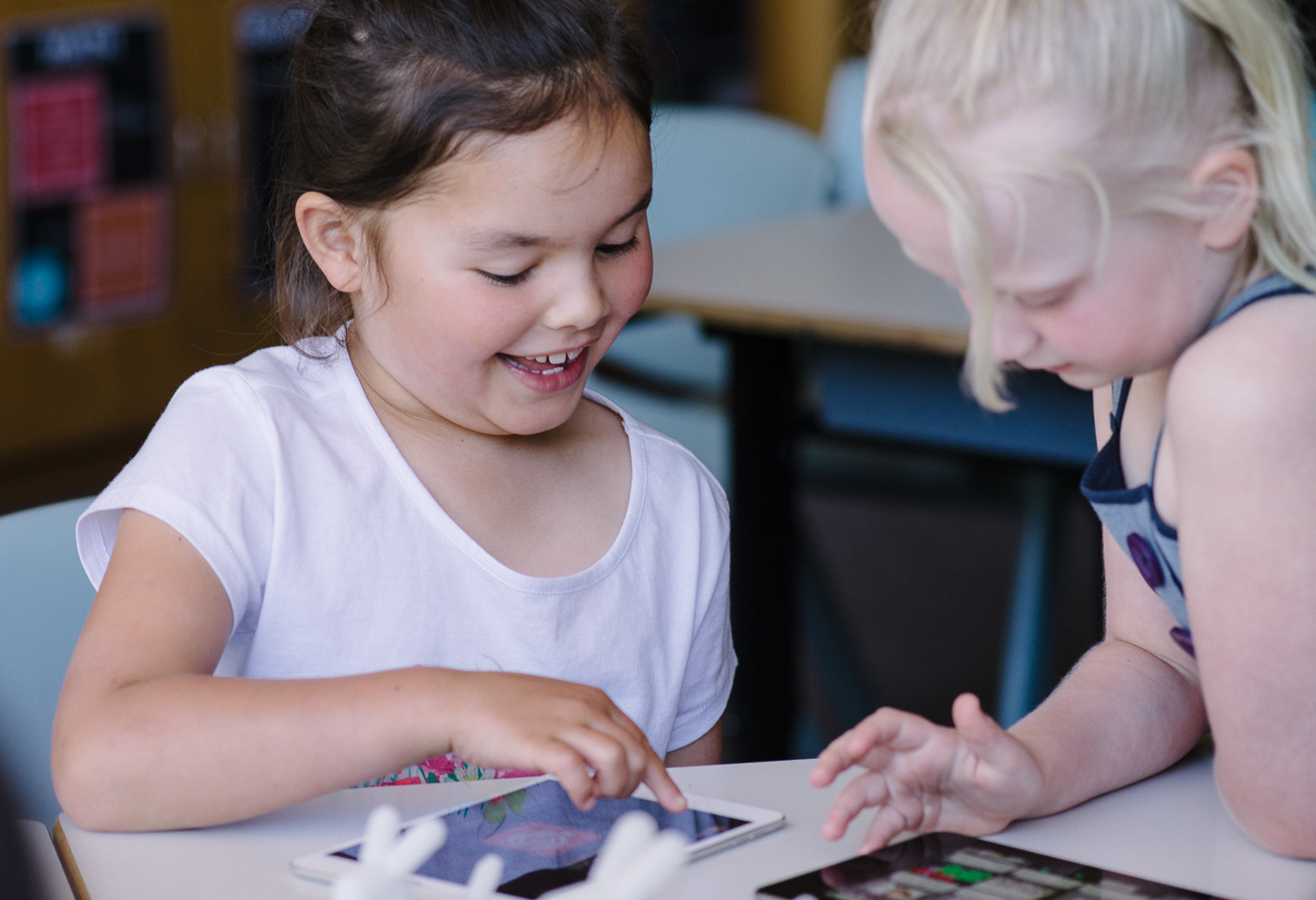
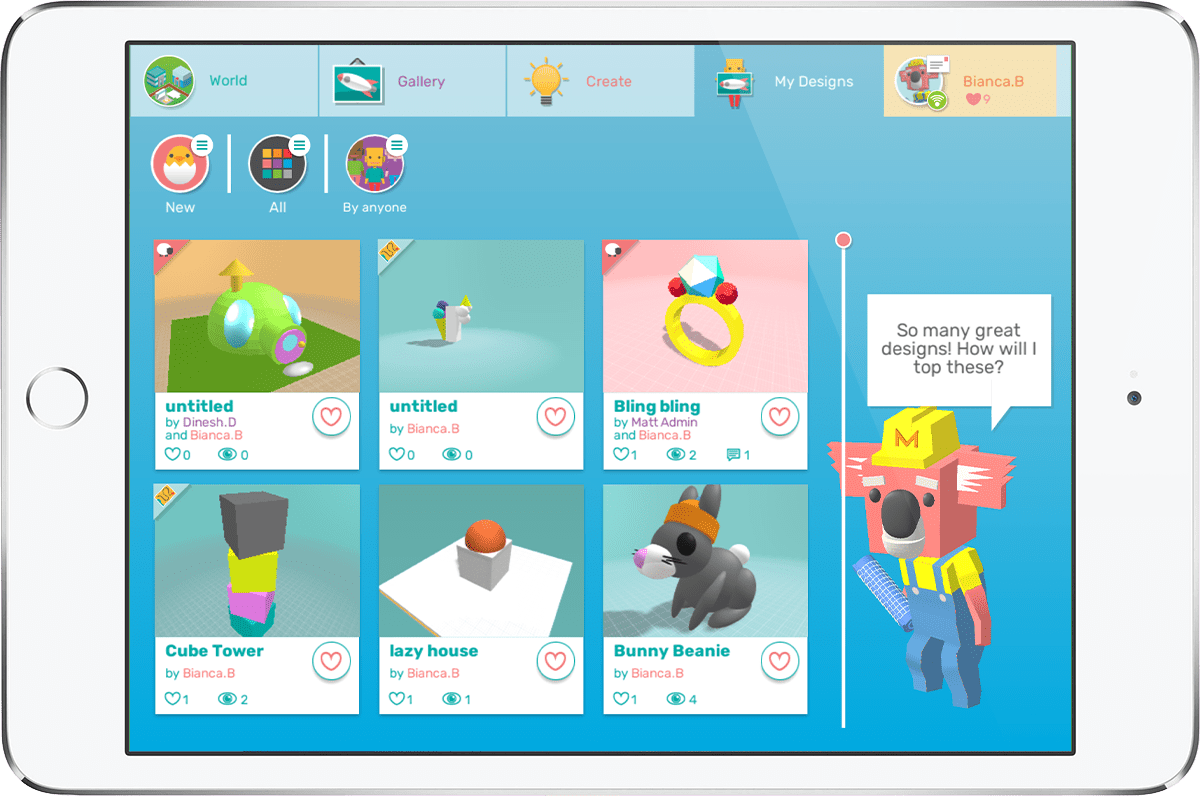


4 Responses